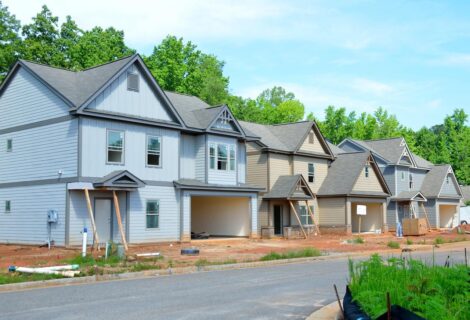Investors starting in commercial real estate often wonder where to go for financing and how to approach it. The answer to those questions is complex because a lot rides on your goals for the property when you invest. Will it be a fix and flip? Will you be rehabbing it for long-term income? Is it a turnkey-ready property you are buying as a ready-to-go income source? There are many niches in real estate investment, and some of them are symbiotic, so it helps to decide where you will operate in the beginning and what kind of investor is good for you to befriend.
While there are many, many ways to finance real estate acquisition, improvement, and development, there are a few that beginners have easier access to. Understanding how and when to use them means improving your return whenever you invest. The first form is the most recognizable, and that’s a traditional loan. These products are amortizing instruments, typically with fixed rates and terms of either 10 or 20 years. Some longer terms may occasionally be available, but usually not without qualifying for an SBA loan product.
Fix and flip loans are more accessible for buyers who are planning on reselling quickly because they require less down payment from the investor and they sometimes value the loan according to the final, improved commercial real estate property estimate. Even when that is not the case, LTVs can be as high as 90 or even 100 percent with these loans, which are secured to the property and typically for terms of six months to 36. The most frequent fix and flip loan offer are for 12 months.
Some investors with valuable homes and a lot of equity also find their initial purchase money through their home equity credit lines. This can be a good option for low priced buildings you can flip quickly, but it usually isn’t enough to purchase a larger building. It might help you find money to balance out the down payment, though. You can also sometimes borrow against other retirement savings.
Hard money loans round out the easily accessible loans for first-timers. They can be the hardest to use and the easiest to access, but if you approach them the right way, they are a great resource. Hard money loans tend to have payment structures that differ widely, so you will want to see what options you have available in the dollar amounts you seek. The benefit of a hard money loan is that it can be unsecured, so you don’t risk losing the property. It can also be secured to save significant interest costs. You can usually access them for more than just acquisition, too. A hard money loan can also finance your commercial real estate property improvements.




